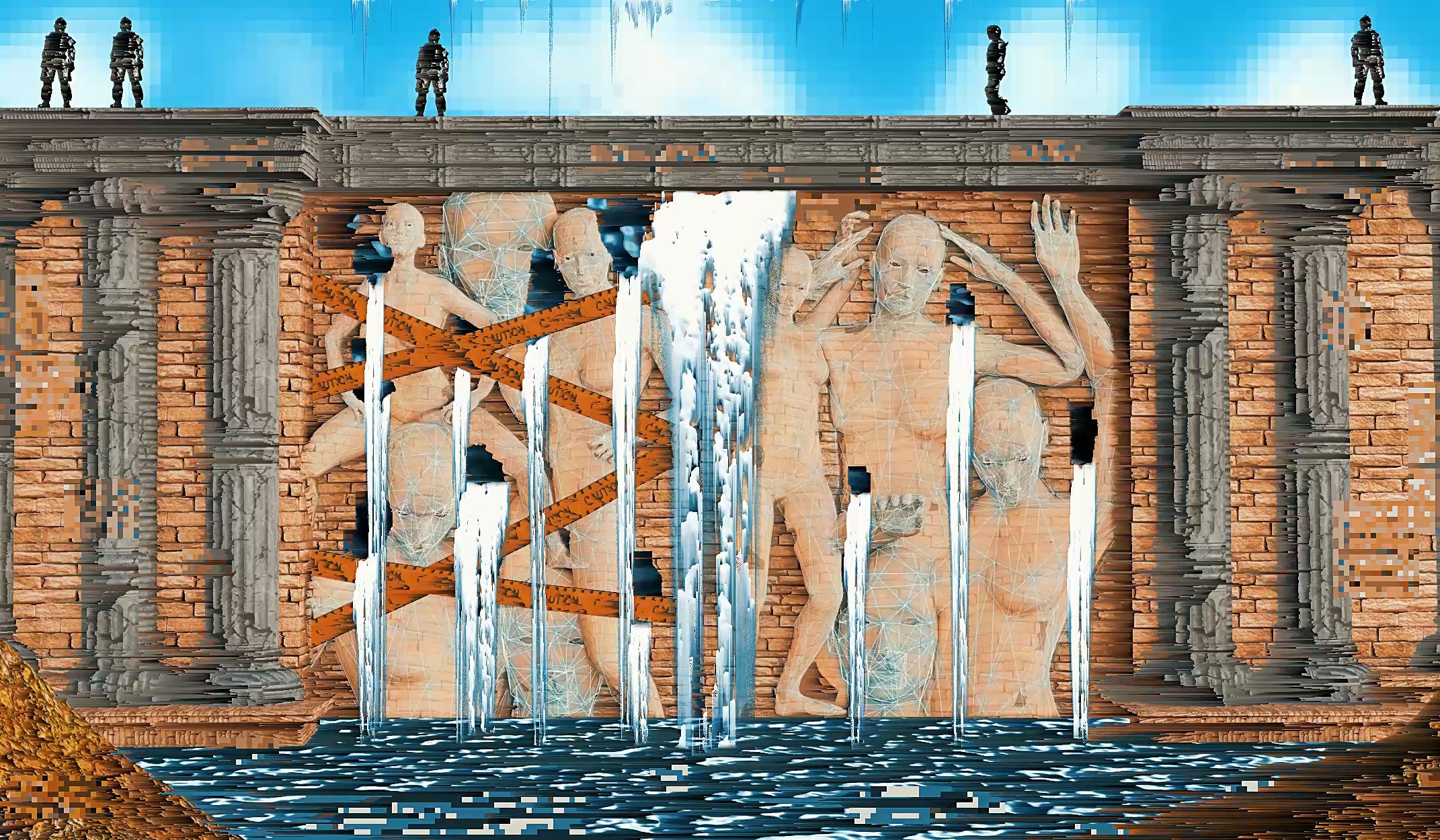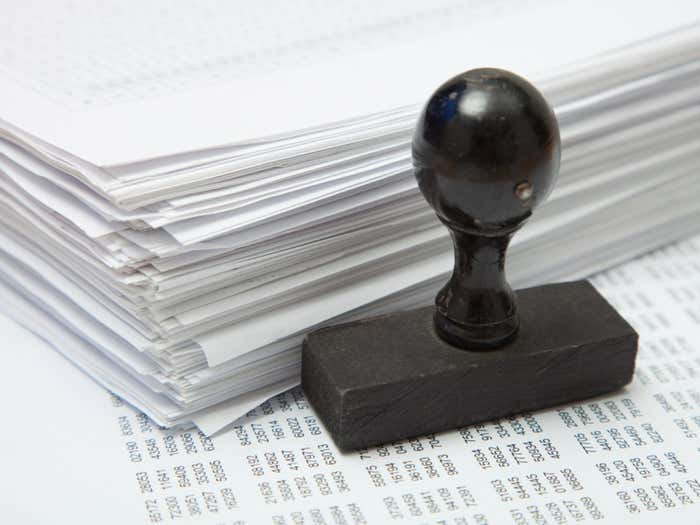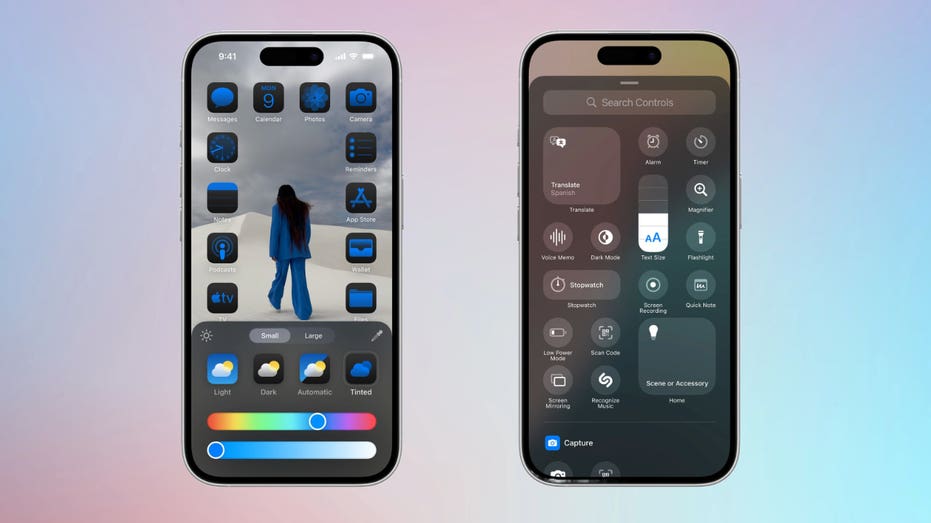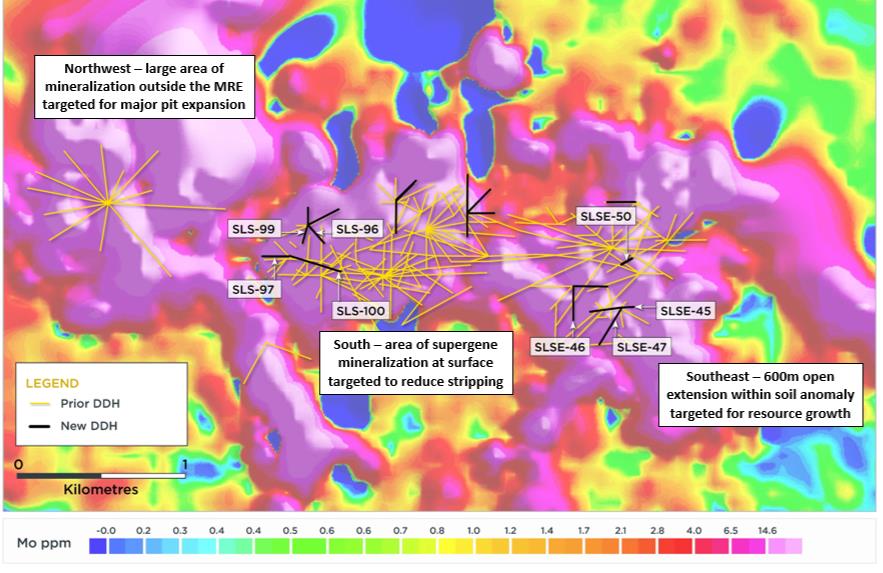As national legislation on deepfake pornography crawls its way through Congress, states across the country are trying to take matters into their own hands. Thirty-nine states have introduced a hodgepodge of laws designed to deter the creation of nonconsensual deepfakes and punish those who make and share them.
Earlier this year, Democratic congresswoman Alexandria Ocasio-Cortez, herself a victim of nonconsensual deepfakes, introduced the Disrupt Explicit Forged Images and Non-Consensual Edits Act, or Defiance Act. If passed, the bill would allow victims of deepfake pornography to sue as long as they could prove the deepfakes had been made without their consent. In June, Republican senator Ted Cruz introduced the Take It Down Act, which would require platforms to remove both revenge porn and nonconsensual deepfake porn.
Though there’s bilateral support for many of these measures, federal legislation can take years to make it through both houses of Congress before being signed into law. But state legislatures and local politicians can move faster—and they’re trying to.
So far, 39 states have introduced some kind of legislation addressing nonconsensual deepfakes, 23 states have passed laws, four are still pending, and nine have struck proposals down.
Last month, San Francisco City Attorney David Chiu’s office announced a lawsuit against 16 of the most visited websites that allow users to create AI-generated pornography. “Generative AI has enormous promise, but as with all new technologies, there are unintended consequences and criminals seeking to exploit the new technology. We have to be very clear that this is not innovation—this is sexual abuse,” Chiu said in a statement released by his office at the time.
The suit was just the latest attempt to try to curtail the ever-growing issue of nonconsensual deepfake pornography.
“I think there’s a misconception that it’s just celebrities that are being affected by this,” says Ilana Beller, organizing manager at Public Citizen, which has been tracking nonconsensual deepfake legislation and shared their findings with WIRED. “It’s a lot of everyday people who are having this experience.”
Data from Public Citizen shows that 23 states have passed some form of nonconsensual deepfake law. “This is such a pervasive issue, and so state legislators are seeing this as a problem,” says Beller. “I also think that legislators are interested in passing AI legislation right now because we are seeing how fast the technology is developing.”





